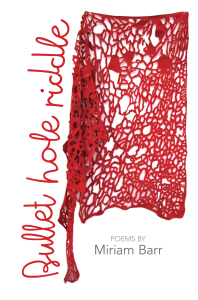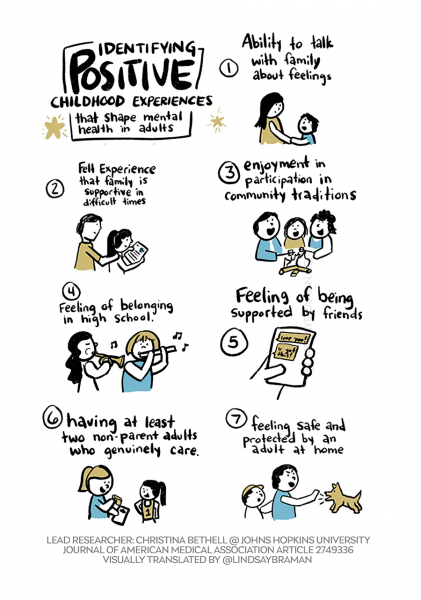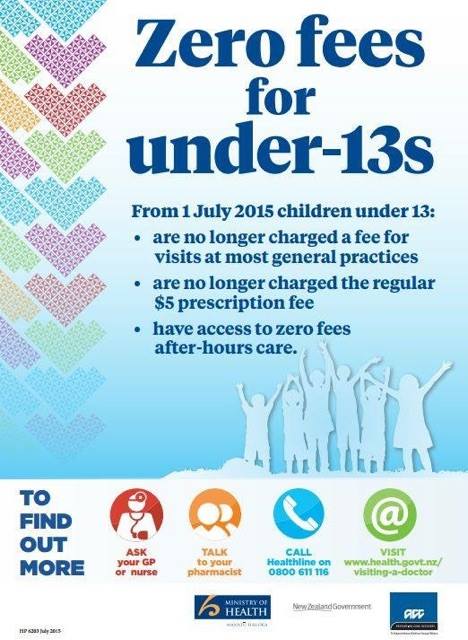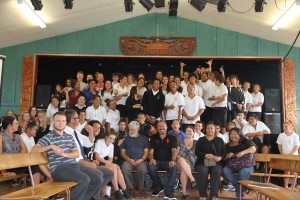Engage Aotearoa’s service director can most often be found sharing other people’s recovery stories and experiences. But in her spare time she is a poet, and writing under her maiden name, Miriam Barr, she recently had her first major collection of poetry published by Steele Roberts Aotearoa, one of New Zealand’s leading publishers of home-grown poetry.
 The book features cover art by Elke Finkenauer and interior art from Andrew Blythe‘s untitled ‘No’ series. The back-cover reads, “Bullet Hole Riddle is a three-part narrative sequence charting one person’s journey to make sense of an unwanted history. Framing personal experience as a series of collective acts, Miriam Barr’s first major collection of poetry tells a story about the human psyche and the spaces between us.”
The book features cover art by Elke Finkenauer and interior art from Andrew Blythe‘s untitled ‘No’ series. The back-cover reads, “Bullet Hole Riddle is a three-part narrative sequence charting one person’s journey to make sense of an unwanted history. Framing personal experience as a series of collective acts, Miriam Barr’s first major collection of poetry tells a story about the human psyche and the spaces between us.”
Those familiar with Engage Aotearoa will know what Miriam means when she comments on the Engage Facebook page, “I guess this [Bullet Hole Riddle] is kinda like my Butterfly Diaries story in a way. In poetry form.”
An Auckland Women’s Centre article by Sabrina Muck goes on to say, “Tied into the overall message of the book, it is worth noting its dedication, which tells us this is for the untold stories. Speaking with Miriam in the week following the announcement of the Roastbusters outcome, she felt this was particularly relevant in light of the young women’s experiences in that case, and the voices of too many survivors which continue to go unheard. Steele Roberts is to be commended for supporting this book on its journey and bringing Miriam’s voice into the public sphere.”
The CMHRT Board of Trustees and the volunteer team at Engage Aotearoa would like to congratulate Miriam for her poetic achievement and wish her all the best for Bullet Hole Riddle’s journey into the world.
Bullet Hole Riddle can be ordered online at www.steeleroberts.co.nz or from your local bookseller. Copies are available to borrow at Auckland City Libraries and the Auckland Women’s Centre Library. Check out reader reviews and share your own at GoodReads.com. Find out more about the book at www.miriambarr.com/bulletholeriddle.










